-75%
Comprehensive Exploration of Multiple Sclerosis: A Guide to Specialized Teaching Courses
Understanding Advanced MRI in Multiple Sclerosis (MS): TC 1
This course delves into the intricacies of ultra-high-field (7T) MRI, a cutting-edge technique revolutionizing the imaging of MS. Participants will gain insights into its applications, strengths, and challenges in diagnosing and monitoring the disease.
Unveiling Biomarkers of Neurological Disease: TC 2
This course explores the role of neurofilaments and other biomarkers in unraveling the pathological processes underlying central nervous system (CNS) diseases, including MS. Attendees will discover how these markers can aid in early diagnosis, prognosis, and monitoring therapeutic interventions.
Unveiling the Enigma of NMO Spectrum Disorders: TC 3
This course investigates the complex world of NMO spectrum disorders, shedding light on their pathogenesis and treatment strategies. Participants will delve into the unique clinical features, diagnostic criteria, and emerging therapeutic approaches for these disorders.
Mastering the Diagnosis of MS: TC 4
This course provides a comprehensive overview of the diagnostic criteria for MS, empowering participants with the knowledge and skills necessary for accurate diagnosis. They will explore the latest advances in diagnostic tools, interpretation of clinical findings, and differential diagnosis with similar conditions.
Exploring Reproductive Implications in MS Treatment: TC 5
This course addresses the critical issue of reproductive health for women with MS undergoing treatment. Participants will learn about the effects of disease-modifying therapies on fertility, pregnancy, and breastfeeding. They will also gain practical guidance on counseling patients and managing reproductive concerns.
Anti-MOG-Associated CNS Disease: TC 6
This course investigates the clinical characteristics and therapeutic management of anti-MOG-associated CNS disease, a recently identified neurological disorder that mimics MS. Participants will learn about the unique immune mechanisms, diagnostic criteria, and treatment options for this emerging condition.
Cognitive Dysfunction in MS: From MRI to Treatment: TC 7
This course explores the cognitive challenges faced by individuals with MS, delving into MRI findings and their implications for treatment strategies. Participants will gain insights into the neurobiological basis of cognitive impairment, assessment tools, and emerging therapeutic approaches.
Navigating the Immune Landscape of MS: TC 8
This course provides a comprehensive understanding of the immunologic principles underlying MS and related disorders. Participants will explore the role of immune cells, cytokines, and genetic factors in the pathogenesis and progression of the disease. They will also gain insights into emerging immunotherapeutic strategies.
Delving into the Pathology of MS: TC 9
This course explores the pathological hallmarks of MS, including inflammation, demyelination, and neurodegeneration. Participants will learn about the latest advances in understanding the disease process, including the role of microglia, astrocytes, and other immune cells.
Infections and MS: A Delicate Balance: TC 10
This course examines the complex relationship between infections and MS, exploring the impact of long-term immune suppression and the benefits and risks of immunizations. Participants will learn about strategies to prevent and manage infections in individuals with MS.
Mimicking MS: Navigating CNS Inflammatory Diseases: TC 11
This course provides a comprehensive overview of CNS inflammatory diseases that mimic MS, including neuromyelitis optica, acute disseminated encephalomyelitis, and sarcoidosis. Participants will learn about their differential diagnosis, diagnostic criteria, and treatment approaches.
Progressive MS: Unveiling Clinical Phenotypes and Treatment: TC 12
This course explores the clinical phenotypes and treatment options for progressive MS, a challenging form of the disease. Participants will learn about the latest advances in understanding disease progression, imaging findings, and emerging therapeutic strategies.
Spinal Cord Involvement in MS: Impact on Clinical Course: TC 13
This course examines the clinical significance of spinal cord involvement in MS, including its imaging manifestations and impact on disease progression and disability. Participants will learn about the latest advances in imaging techniques, clinical assessment, and treatment strategies.
Statistical Analysis in MS Research: A Guided Path: TC 14
This course provides a comprehensive overview of the statistical methods used in MS research, empowering participants with the skills to critically evaluate and interpret research findings. They will learn about study design, data analysis, and statistical inference in the context of MS research.
Tracing the Origins of MS: MS Prodrome and RIS: TC 15
This course explores the concept of the MS prodrome and risk factors associated with its development. Participants will learn about the latest research findings on genetic, environmental, and immunological factors that contribute to the early stages of MS.
Sex/Gender and MS: Unraveling the Differences: TC 16
This course investigates the role of sex and gender in MS, exploring the influence of hormones, genetic factors, and social determinants on disease presentation, progression, and treatment response. Participants will learn about the unique challenges and opportunities related to caring for individuals with MS based on their sex or gender identity.
Geographic Variations in MS: Diagnosis and Treatment: TC 17
This course examines the geographic variations in MS disease behavior, diagnosis, and treatment. Participants will learn about the impact of climate, genetics, and environmental factors on MS prevalence, severity, and treatment outcomes. They will also explore the challenges and opportunities associated with providing equitable care across different regions.
Mechanisms of Action of Current Immune Therapies: TC 18
This course provides an in-depth understanding of the mechanisms of action of current immune therapies for MS. Participants will learn about the different types of drugs, their targets, and their impact on the immune system in MS. They will also explore the latest research on emerging therapies and their potential applications.
Career Paths in MS: A Journey of Innovation: TC 19
This course provides a comprehensive overview of career paths in MS, encompassing clinical practice, clinical research, and basic research. Participants will learn about the educational requirements, training opportunities, and job prospects in these fields. They will also engage with experts in the field to discuss the challenges and rewards of different career pathways.
Frontiers in MS Research: Harnessing Big Data: TC 20
This course explores the latest advances in the use of big data in molecular genetics and molecular biology in MS research. Participants will learn about the challenges and opportunities associated with collecting, analyzing, and interpreting large datasets. They will also discover the potential of big data to accelerate the development of new treatments and improve patient outcomes.
Remyelination and Neuroprotection: Restoring Function: TC 21
This course investigates the latest research on remyelination and neuroprotection in MS, exploring the potential for repairing damaged myelin and preserving neuronal function. Participants will learn about the biological mechanisms underlying remyelination, the therapeutic strategies being developed to promote it, and the challenges associated with translating this research into clinical practice.
Maintaining Function in MS: A Holistic Approach: TC 22
This course provides a comprehensive overview of the strategies for maintaining function in individuals with MS. Participants will learn about the role of rehabilitation, co-morbidity management, symptom management, and lifestyle modifications in preserving physical, cognitive, and emotional well-being. They will also explore the latest research on interventions aimed at preventing or delaying disability progression.
International Consensus Guidelines on MRI in MS: TC 23
This course reviews the latest International 2020 MAGNIMS-CMSC-NAIMS consensus guidelines on the use of MRI in MS. Participants will learn about the recommended protocols for MRI acquisition, interpretation, and reporting. They will also discuss the role of MRI in diagnosis, monitoring, and research in MS.

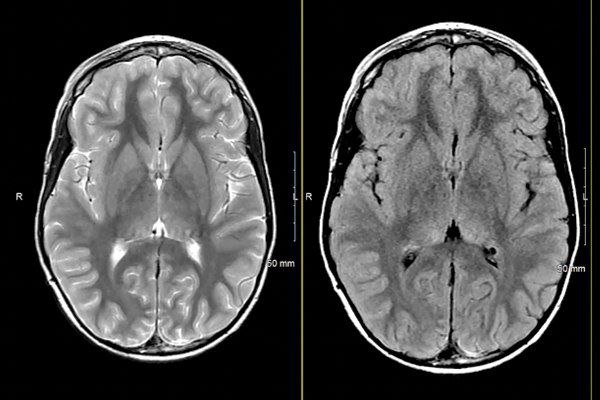
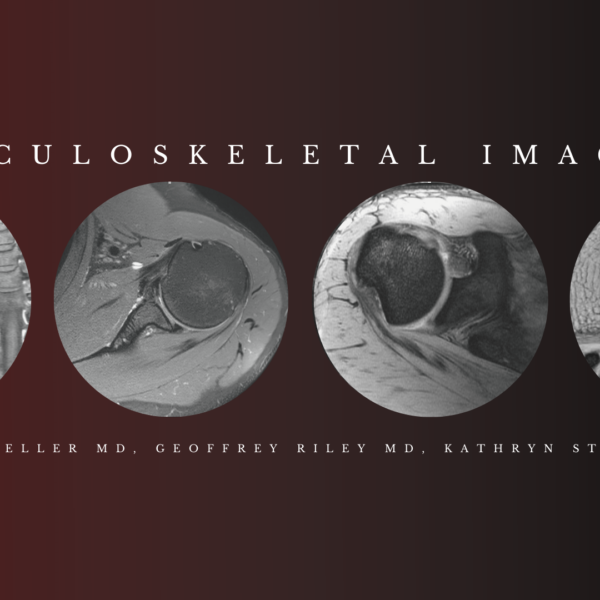
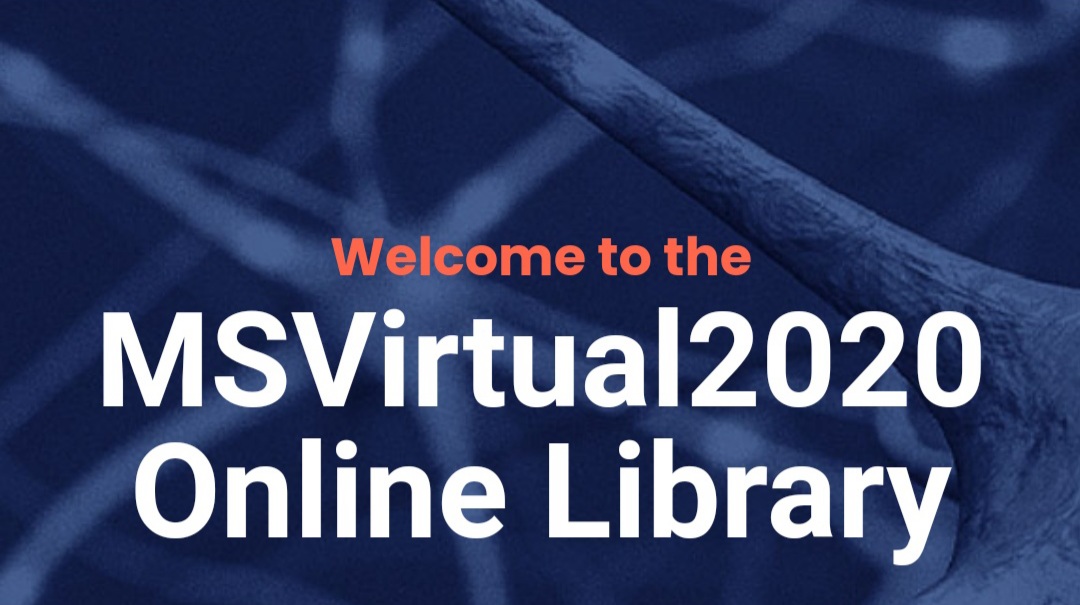
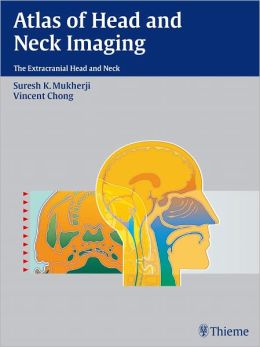
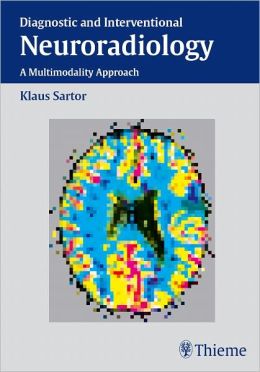
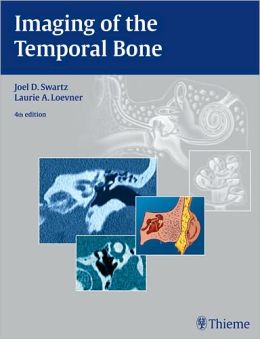
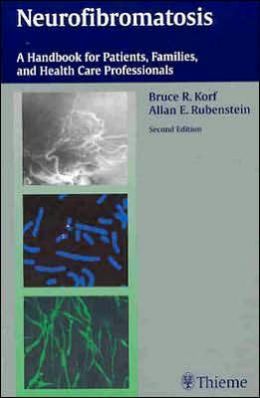
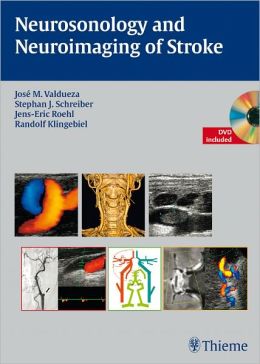
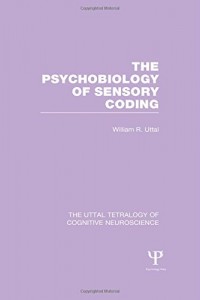
Reviews
Clear filtersThere are no reviews yet.